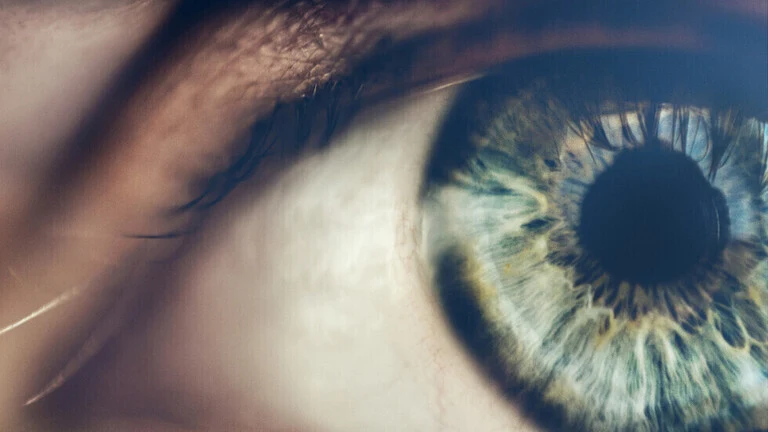A team of scientists revealed that "death may be reversible", after finding that the eyes of organ donors could be "brought back to life."
Light-sensitive cells in the retina were able to respond to light and communicate with each other up to five hours after death, sending signals "similar to those recorded from organisms".
These neurons in the retina are part of the central nervous system (CNS), including the brain and spinal cord, which increases the likelihood of the recovery of other cells of the central nervous system.
This breakthrough may restore human consciousness, according to scientists.
- To achieve their results, scientists designed a special transport unit that can return oxygen and other nutrients to the eye once removed from the donor.
- In the paper published in Nature, the group said that the study "raises the question of whether brain death, as currently defined, is truly irreversible."
Dr. Fatima Abbas, lead author of the research from the University of Utah, explained: "We have been able to wake up light-receiving cells in the human spot, which is part of the retina responsible for our central vision and our ability to see fine details and color. In the eyes obtained five hours after the death of the organ donor, these cells responded to bright light, colorful lights and even very dim flashes of light. "
The new research goes a step further than the Yale study of 2019, which restarted the brains of 32 decapitated pigs slaughtered four hours ago.
- "We were able to get retinal cells to talk to each other
- the way they do in the living eye," said Dr. Frans Wienberg of the University of Utah.
- He added: "This has never been achieved in the spot and it has never been achieved as much as we have shown now."
Scientists hope this breakthrough will accelerate new treatments for vision loss and improve their understanding of brain disease.


Comments
Post a Comment